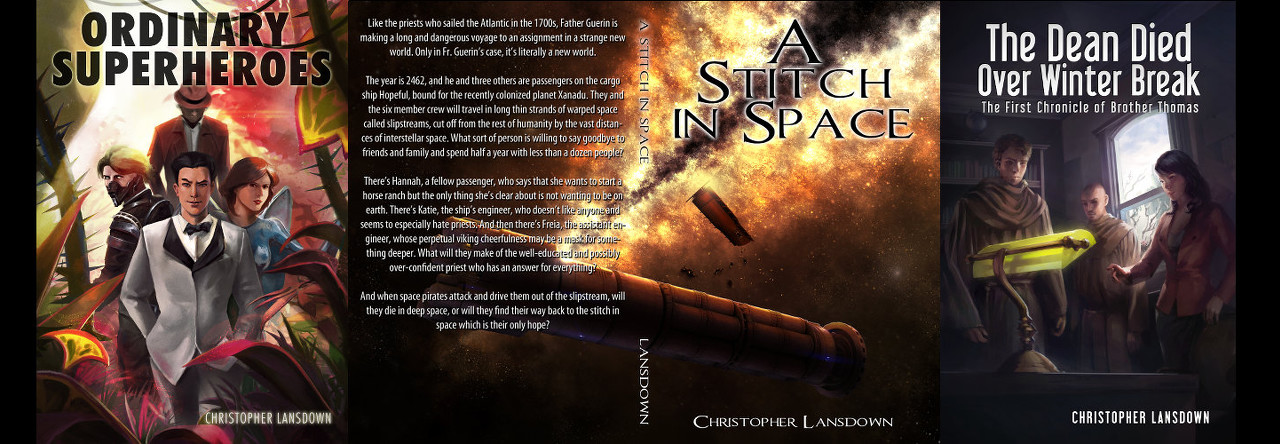I just finished reading Peter Hitchens’ book, The Rage Against God. It’s an interesting book—and I do recommend it—but it’s very much not what I expected. For one thing, it’s a far more personal book than I expected. Which may well speak more to my expectations than to the book; the subtitle is “how atheism led me to faith.” But what I think I was more legitimately surprised about was how much the book was about culture.
The Rage Against God is divided into three parts:
- A Personal Journey Through Atheism
- Addressing the Three Failed Arguments of Atheism
- The League of the Militant Godless
Chapters 1-5 are about England’s (I suppose technically I should say Brittain’s, but I’m not sure) declining society, and how much Christianity was woven into England’s culture so that as people became disillusioned with their culture they threw Christianity out as well. In many ways in these chapters the eponymous rage against God seems to be primarily a displaced rage against parents. In fact Mr. Hitchens mentions something I’ve seen noted by many other rebels born in the generation he was: they never expected to get away with it. And they seem to carry with them a deep sense of betrayal that the adults let them get away with their rebellion. In essence, they are angry at the authority figures in their young lives for being so small. This is very specific to England, but while America did not suffer the decline of its status as a once-great power, it did suffer from the realization of how awful racism is that had a very similar effect in undermining authority, and at approximately the same time. And I’m told that other european countries had their own losses in confidence because of the authority figures who led them into devastating wars.
None of this is something I can relate to; having grown up in the 1980s there was no longer anyone left to respect so it was not possible to lose my respect for them, and I think that this is true of others of my generation as well. It is an interesting window into the atheism of an older generation, though.
Interestingly the three arguments which Hitchens addresses in part 2 are largely cultural ones:
- “Are conflicts fought in the name of religion conflicts about religion?”
- “Is it possible to determine what is right and what is wrong without God?”
- “Are atheist states not actually atheist?”
The second question need not be cultural, but his answer is largely cultural, in that he draws the answers from failed societies. Which is, of a course, a legitimate and persuasive answer, but it is a social answer rather than a personal one.
The third part is a more in-depth look at what the viciously atheist regime of the Soviet Union was like, and the degree to which modern atheists seem to be calling for exactly what was done there, though without being willing to admit that it’s what they’re calling for. This is a problem I’ve encountered with atheists myself. They’re generally quite unwilling to think through their ideas and more infuriatingly often pat themselves on the back for being unwilling to do so, though usually with some sort of positive spin. But Mr. Hitchens brings up, if obliquely, a very pressing problem in a democracy, or really anywhere with changing demographics: how people behave when a minority may have no predictive value whatsoever as to how they will behave if they are in the majority. And as any even casual student of history knows, every regime requires an executive branch—whatever it is named—and that executive branch will be staffed not by the general population but by people who desire power. The question, therefore, is not what the average person will do if given power, but what they will tolerate a co-believer with power doing.

Hi Christopher. I’m going to read this through properly a bit later, but just a quick note to let you know you misspelled “Britain.” I watched a couple of your videos, btw. I like your hunting bow.
LikeLike
“In fact Mr. Hitchens mentions something I’ve seen noted by many other rebels born in the generation he was: they never expected to get away with it. And they seem to carry with them a deep sense of betrayal that the adults let them get away with their rebellion. In essence, they are angry at the authority figures in their young lives for being so small.”
Yes, that struck me too when I first read it.
LikeLike